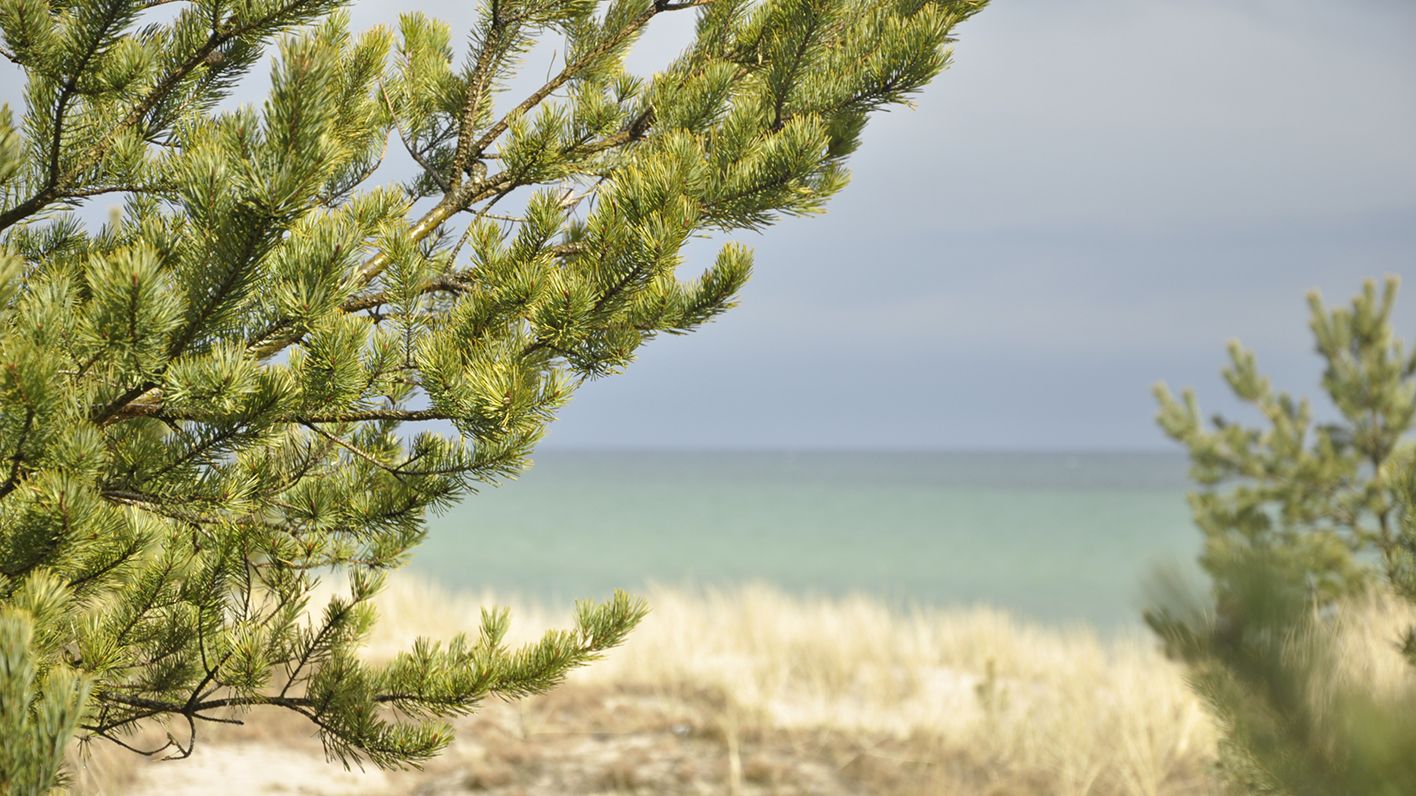History

The Baltic Sea Conservation Foundation (BaltCF) was created in 2014 as a result of a lawsuit filed by the environmental organisations BUND Mecklenburg-Western Pomerania and WWF Germany against the permit for the first Nord Stream pipeline. The NGOs argued that the compensation measures for the ecological damage the pipeline caused were insufficient. While it was clear that the lawsuit would not prevent the pipeline from being built, it would have led to a significant delay of the construction works.
As a result, Nord Stream AG offered an out-of-court settlement. The environmental NGOs were able to negotiate the implementation of additional compensation measures to achieve the smallest possible negative impact of the pipeline on the Baltic Sea environment.
In addition, Nord Stream agreed to provide the starting capital for two new organisations: the Naturschutzstiftung Deutsche Ostsee, operating mainly in West Pomerania, and the Baltic Sea Conservation Foundation, which is active internationally. Both foundations fund and conduct environmental conservation projects that benefit the Baltic Sea ecosystem in the long term beyond concrete compensations for the damage caused by the pipeline. The legal form of German foundations (“Stiftung”) ensures the independence of both organisations from the entity that provided the capital. Instead, both are governed by environmental conservation NGOs.
Since 2014, BaltCF has funded numerous projects in all countries bordering to the Baltic Sea, with more than €5 million in total.